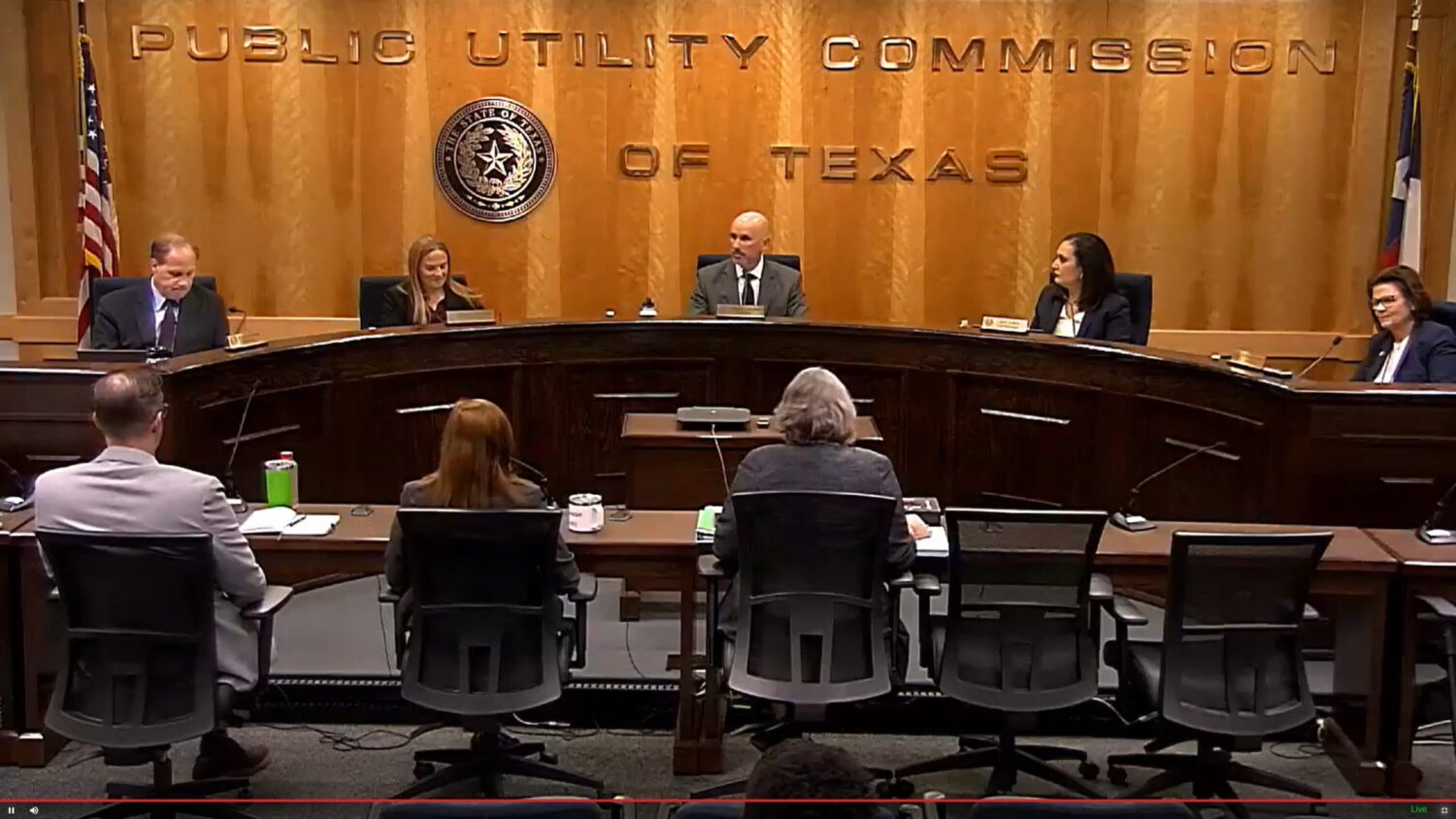Introduction to the Audit
The Public Utility Commission of Texas (PUCT) recently conducted an audit of CenterPoint Energy’s management. The audit was initiated after state leaders questioned why CenterPoint had failed to utilize its leased mobile generators during Hurricane Beryl, which caused over 2.2 million residents and businesses in the Houston area to lose power.
Findings of the Audit
The audit, conducted by Moss Adams LLP, found that CenterPoint did not adequately assess the risks or potential conflicts of interest before agreeing to an $800 million mobile generator lease. Maria Stroth, a senior manager at Moss Adams, presented the findings to the PUCT, highlighting two areas of potential improvement. The first area is related to CenterPoint’s risk assessment and procurement process in obtaining the generators. The company did not properly document its risk assessment process before agreeing to the lease.
Risk Assessment and Procurement
Stroth stated that while CenterPoint said it assessed risks, the audit was unable to verify that risks were comprehensively assessed and addressed. The audit found that CenterPoint did not follow and document its risk assessment process at the time. To address this, Moss Adams recommended that CenterPoint complete risk assessments of vendors for all procurements and ensure that all procurement-related documents are accurately recorded.
Response from CenterPoint
In a statement to Houston Public Media, CenterPoint said it values the recommendations from Moss Adams and is working to implement them. The company stated that it has already completed or is making progress toward completing each of Moss Adams’ key recommendations. CenterPoint also addressed the audit’s findings in a filing with the PUCT, stating that it is working to improve its risk assessment process and maintain better records.
Conflict of Interest
The audit also found that CenterPoint did not comprehensively follow its conflict-of-interest policy when leasing the generators. Stroth said that while the audit found CenterPoint to have a conflict-of-interest policy in place, it did not adequately consider conflict of interest. CenterPoint responded by stating that it has an existing conflict of interest policy and does not believe that there was any conflict in the generator lease.
Communication with the Public
The audit found that CenterPoint lacked clear communication when discussing the purpose of the generators with the public. Stroth stated that before Hurricane Beryl, CenterPoint’s messaging did not clarify that the generators were meant to be used in situations where power plants were offline, and not for events like Beryl, which damaged infrastructure like powerlines. CenterPoint responded by stating that it is already trying to better communicate with the public about how and when its different types of generators might be used.
Conclusion
In conclusion, the audit of CenterPoint Energy’s management found that the company did not adequately assess risks or potential conflicts of interest before agreeing to the mobile generator lease. The audit’s recommendations aim to improve CenterPoint’s risk assessment process, conflict-of-interest policy, and communication with the public. CenterPoint has stated that it values the recommendations and is working to implement them. The PUCT will continue to monitor CenterPoint’s progress in addressing the audit’s findings, with a potential presentation from CenterPoint in the future to discuss the implementation of the recommendations.




